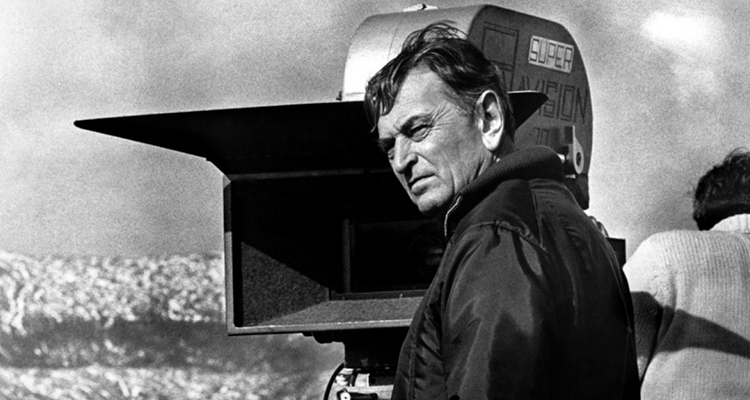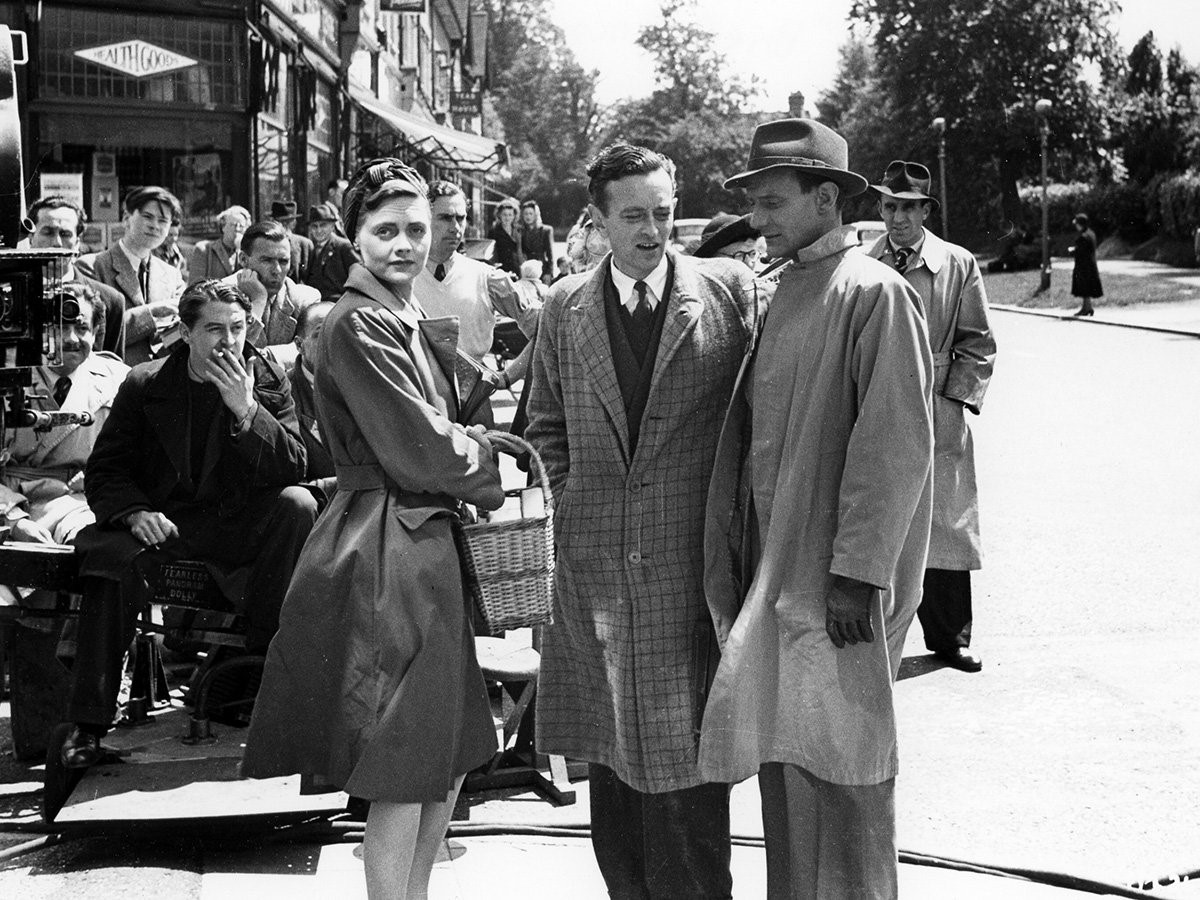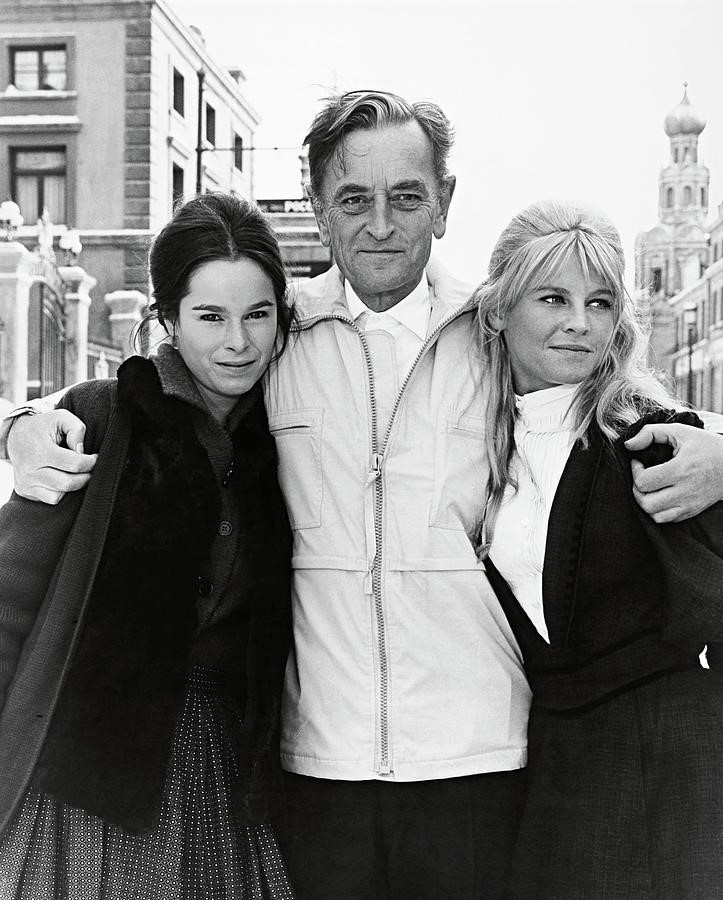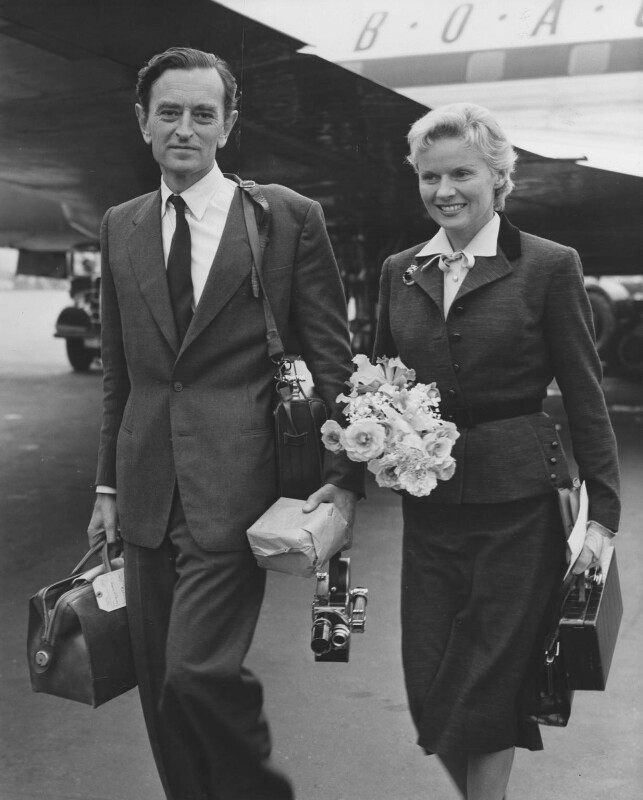Intermarkets' Privacy Policy
Donate to Ace of Spades HQ!
aceofspadeshq at gee mail.com
Buck:
buck.throckmorton at protonmail.com
CBD:
cbd at cutjibnewsletter.com
joe mannix:
mannix2024 at proton.me
MisHum:
petmorons at gee mail.com
J.J. Sefton:
sefton at cutjibnewsletter.com
Also Leftists: The English Countryside Is Too White So We Have to Move Minorities and Migrants Into It
CNN Pollster: An All-Time High of American Voters, 58%, Say Democrats are "Too Liberal"
Rubio and AOC Offer Competing Visions of Foreign Policy, Realist Vs. Retard
THE MORNING RANT: The SBA Will Stop Lending to Non-Citizens
Mid-Morning Art Thread
The Morning Report — 2/16/26
Daily Tech News 16 February 2026
Sunday Overnight Open Thread - February 15, 2026 [Doof]
Gun Thread: Third February Edition!
Food Thread: The Maillard Reaction, And Other Glories Of Western Civilization...Like The Reuben!
Jim Sunk New Dawn 2025
Jewells45 2025
Bandersnatch 2024
GnuBreed 2024
Captain Hate 2023
moon_over_vermont 2023
westminsterdogshow 2023
Ann Wilson(Empire1) 2022
Dave In Texas 2022
Jesse in D.C. 2022
OregonMuse 2022
redc1c4 2021
Tami 2021
Chavez the Hugo 2020
Ibguy 2020
Rickl 2019
Joffen 2014
maildrop62 at proton dot me
Saturday Evening Movie Thread 09-19-2020 [TheJamesMadison]
David Lean

David Lean's career can easily break down between two major periods. The first is made up of small, relationship based films usually based in Britain and in black and white with a couple of Charles Dickens adaptations thrown in. The second is a series of five epic films set in more exotic locales with big, broad visual scopes. He's mostly known for his second period with films such as The Bridge on the River Kwai, Lawrence of Arabia, and Doctor Zhivago, but his first period has jewels like Brief Encounter (my personal favorite of his films), Great Expectations, and Hobson's Choice.
One of the things I've learned first hand wading through several directors work in order is the prevalence of reoccurring themes and motifs. The most obvious example was Terry Gilliam who puts the idea of the balance between fantasy and reality into literally every film, and Lean is really no different. Through almost every film (the main exceptions being the Charles Dickens adaptations which would probably require major twisting to get into this vein), Lean uses the idea of temporary high emotional states attempting to replace more subdued permanent ones. This happens most frequently when dealing with affairs of married people where the affair provides the protagonists a high emotional escape, but they end up turning their backs on that to return to the marriage which is steady.
There are variations on that, of course. This Happy Breed is about the state of Britain in between the World Wars with changes coming left and right only for Britain to return to its normal steady self at the outbreak of conflict with the Nazis (nobody tell Lean what happened to Britain after WWII). The Sound Barrier is about the permanence of exploration and scientific knowledge prevailing over the tragic concerns of everyday humanity. In The Passionate Friends a woman who had a relationship with a man other than her husband before her marriage is crushed to find that he had moved on more than her, making her memories and her fantasies the temporary state.
I want to highlight two movies of his that exemplify these motifs in his work. One is probably the most straight forward presentation, and the other is actually a complete inversion. Looking at them side by side is interesting.
A Brief Encounter ... Straight Up

David Lean started as an editor in the British film industry and got his first directing job alongside Noel Coward when Coward wanted to direct his own first feature film, In Which We Serve. Lean largely took over the directing duties as filming progressed and Lean's feature film directing career was born. Lean and Coward worked together through three more features. The last of their professional collaborations was Brief Encounter which Coward produced and co-wrote based on a play of his.
In it, a happily married housewife, Laura, meets a handsome general practitioner, Alec, on her Thursday excursions into Milford. He works there once a week, and she goes grocery shopping and occasionally catches a movie on the same day. They often end up in the little cafe in the train station waiting for their ride back to their homes, in opposite directions. Through a series of innocent meetings, they end up falling in love, but the relationship isn't to last forever. Alec can't be a GP forever. He needs to specialize and he's presented with an opportunity to move to South Africa. Laura can't dissolve her marriage since her husband is such a good man and her children don't deserve such a mess if she left. And yet, they can't deny the feelings that they share for one another.
The entire story is actually told in flashback immediately after Alec and Laura say goodbye for the last time. There are echoes of Anna Karenina as Laura looks out over the train tracks where Alec's train just departed, but she goes home and sits with her good, welcoming, and completely ignorant of the affair husband and confesses to him. She doesn't confess out loud, but in her head as her husband completes the daily crossword in their sitting room. This internal monologue ends up being how she cleanses herself of the affair, to a certain degree. When she finishes her tale, wracked by guilt and sadness, she breaks down in front of her husband, weeping. Her husband, being the good man that he is, embraces her, ready to try and fix whatever ails her, and that devotion brings her back.
When her affair is over, all she has left is what she had before, her husband and family who love her. While she may have gotten real happiness in her torrid little affair with Alec, her previous life is still, thankfully, there. None of this really absolves her of her cuckolding of her husband, but she does find that what she ended up running away from was far better than what she ever thought.
This sort of return to the mean, finding that the permanent state left in favor of the temporary emotional one is common, and typically presented in this same basic structural fashion. However, there is one particular example that turns it all on its head.
Doctor Zhivago... With a Twist

Out of every film Lean made with this core motif, Doctor Zhivago is the only one where the permanent state never returns. It happens on a couple of different levels in the film, but in neither case, either with the Russian Revolution or the main character's marriage, does the original state return.
The film starts out on the eve of the First World War, and we get a good sense of life in Tsarist Russia. There's poverty and unrest, but there is also a certain amount of wealth for the characters involved. Yuri Zhivago is a young doctor and poet who is climbing both professionally and socially. Lara is the daughter of a poor shop owner and preyed upon by her mother's lover. Unrest from previous conditions, Tsarist overreaction, and the war tip the country into revolution, and the country never comes back from it.
The high emotional changes from the revolt become permanent. There's no going back to the comfortable upward mobility Yuri was experiencing. He shuttles from one place to another, always seemingly on the verge of starvation. Even years later, in the movie's coda, when a certain normalcy has returned to Russia, it's an empty existence, bland and tasteless that Bernardo Bertolucci echoed wonderfully in The Last Emperor about China's own transition to communism. There's no returning to the pre-revolution, not in Russia.
The other inversion of the motif is when it comes to Yuri's relationships with his wife, Tonya, and his lover, Lara. Yuri's marriage with Tonya mirrors the happy humdrum reality of the marriage in Brief Encounter. It's a happy marriage, but unexciting. The relationship Yuri develops with Lara, though, is exciting, and he ends up leaving Tanya entirely (not completely of his own accord considering the events of the film that pulls Yuri into the partisan conflict for an extended period of time). He finds Lara, and they have some happy time together in the iced over house that Yuri used to call home in the Russian countryside. He has to send Lara away in order to save her life, and he ends up alone in his house. Years later, he sees Lara on the street and dies of a heart attack chasing after her without her ever knowing that he was there.
Yuri ends up with nothing in the end. Everything about his old life is gone. His wife, his home, his children, it's all been taken away either with his consent or without it.
David Lean, The Man and The Artist

Lean didn't talk much about his personal life, but one this is blindingly clear: he couldn't stay married. He wed five times, and there were rumors that he simply couldn't keep his wandering eye in check. He loved women probably in much the same way that Ingmar Bergman loved them. They were his muses, but they were also conquests to a certain degree.
Placing that in context with the main thrust of his films, that affairs and high emotional states were inherently unstable and the less exciting ones were more reliable, is an interesting contrast. He may have believed it, it's hard to imagine an artist returning to the same idea repeatedly over decades and not believing it, and yet he refused to live it himself.
It's a disconnect between the artist and the art. Is it better to take Lean's artistic output independent of the man, or must we include his personal failings at the same time?
A Final Note
David Lean is the eighth director whose work I've gone through from beginning to end without skipping anything that's possible to find, and I love the exercise.
Going in order, in a concentrated period of time, and allowing the text of their work to speak for itself has allowed a much deeper appreciation for their work than just occasionally picking up a movie here or there would ever do. The focus on repeating themes helps focus my viewings on what the director is trying to say over a career, providing newer wrinkles to interpretation that I wouldn't have picked up on before.
But, at the same time, the idea of jumping into someone like John Ford's filmography in the same way is daunting since he has over a hundred directing credits (many of the early ones are lost or short films). It's a practice I want to continue, but I also don't want to do nothing but watch John Ford movies for the next six months or so. I'm always on the lookout for the next director to go through.
Movies of Today
Opening in Theaters:
The Nest
Yeah, I ain't heard of it either.
Movies I Saw This Fortnight:
The Matrix (Rating 3/4) Full Review "It's a solidly good action film with one of the great first acts in popular film over the last few decades, a surprisingly slowly ponderous second act, and then an entertaining third act that feels like it could have been more. I kind of get the love, but I definitely don't share it." [Personal Collection]
The Matrix Revolutions (Rating 3/4) Full Review "The beginning is frustrating and the ending as well in different form, but the film is really dominated by the middle where it works really well. Like all of them, this could have been better, but on the whole, I think The Matrix Revolutions ends up being a pretty good action spectacle." [Personal Collection]
Great Expectations (Rating 4/4) Full Review "It is an exceptional adaptation and story told with the practiced hand of David Lean, and is one of the best cinematic versions of a Charles Dickens novel put to film." [HBO Max]
Oliver Twist (Rating 3/4) Full Review "It's a triumph of production that I just wish the script were able to match. It's not a bad script, but I do wish it had been more ironed out to make the action flow better and provide a better focus on Oliver late." [HBO Max]
The Sound Barrier (Rating 3.5/4) Full Review "It's a solid entertainment with an almost tricky focus that ends up working out quite well. Probably one of Lean's most underrated films." [DailyMotion]
The Bridge on the River Kwai (Rating 4/4) Full Review "It's just a great movie all around and one of David Lean's best." [Personal Collection]
Lawrence of Arabia (Rating 4/4) Full Review "It's a production of the highest order with an intelligently told study of a man at its center. This is more than just a critics' delight, this is grand entertainment." [Personal Collection]
Doctor Zhivago (Rating 2/4) Full Review "I was ready for my second viewing in about fifteen years to reverse my initial opinion that Doctor Zhivago was a largely ornate construction with little actual emotion, but I couldn't do it." [HBO Max]
Contact
Email any suggestions or questions to thejamesmadison.aos at symbol gmail dot com.
Follow me on Twitter.
I've also archived all the old posts here, by request. I'll add new posts a week after they originally post at the HQ.
Formerly Virginian[/i] [/b]: "Favorite Duvall movie: Second Hand Lions Posted b ..."
Warai-otoko: "They don't debate anything anymore, they just go B ..."
Aetius451AD work phone: "Francophone alert! Per Count Dankula, antifa Fr ..."
Thomas Bender: "@192 >>Well, except for that ridiculously stupi ..."
Anonymous Rogue in Kalifornistan (ARiK): "184 As a whole, they are authoritarian statists ..."
CaliGirl: " His wife posted afterwards that he was doing wel ..."
Itinerant Alley Butcher: "There is an iconic b/w photo of a South Vietnamese ..."
Auspex: " Tell me what argument or policy the left stands ..."
one hour sober: ">>>Denzel Washington, if he is in it, ipso facto i ..."
t-bird: "[i]@Polymarket 1h JUST IN: Norwegian scientist su ..."
Kratwurst : "Has whig checked in after his procedure last week? ..."
Also Leftists: The English Countryside Is Too White So We Have to Move Minorities and Migrants Into It
CNN Pollster: An All-Time High of American Voters, 58%, Say Democrats are "Too Liberal"
Rubio and AOC Offer Competing Visions of Foreign Policy, Realist Vs. Retard
THE MORNING RANT: The SBA Will Stop Lending to Non-Citizens
Mid-Morning Art Thread
The Morning Report — 2/16/26
Daily Tech News 16 February 2026
Sunday Overnight Open Thread - February 15, 2026 [Doof]
Gun Thread: Third February Edition!
Food Thread: The Maillard Reaction, And Other Glories Of Western Civilization...Like The Reuben!
Paul Anka Haiku Contest Announcement
Integrity SAT's: Entrance Exam for Paul Anka's Band
AllahPundit's Paul Anka 45's Collection
AnkaPundit: Paul Anka Takes Over the Site for a Weekend (Continues through to Monday's postings)
George Bush Slices Don Rumsfeld Like an F*ckin' Hammer
Democratic Forays into Erotica
New Shows On Gore's DNC/MTV Network
Nicknames for Potatoes, By People Who Really Hate Potatoes
Star Wars Euphemisms for Self-Abuse
Signs You're at an Iraqi "Wedding Party"
Signs Your Clown Has Gone Bad
Signs That You, Geroge Michael, Should Probably Just Give It Up
Signs of Hip-Hop Influence on John Kerry
NYT Headlines Spinning Bush's Jobs Boom
Things People Are More Likely to Say Than "Did You Hear What Al Franken Said Yesterday?"
Signs that Paul Krugman Has Lost His Frickin' Mind
All-Time Best NBA Players, According to Senator Robert Byrd
Other Bad Things About the Jews, According to the Koran
Signs That David Letterman Just Doesn't Care Anymore
Examples of Bob Kerrey's Insufferable Racial Jackassery
Signs Andy Rooney Is Going Senile
Other Judgments Dick Clarke Made About Condi Rice Based on Her Appearance
Collective Names for Groups of People
John Kerry's Other Vietnam Super-Pets
Cool Things About the XM8 Assault Rifle
Media-Approved Facts About the Democrat Spy
Changes to Make Christianity More "Inclusive"
Secret John Kerry Senatorial Accomplishments
John Edwards Campaign Excuses
John Kerry Pick-Up Lines
Changes Liberal Senator George Michell Will Make at Disney
Torments in Dog-Hell
The Ace of Spades HQ Sex-for-Money Skankathon
A D&D Guide to the Democratic Candidates
Margaret Cho: Just Not Funny
More Margaret Cho Abuse
Margaret Cho: Still Not Funny
Iraqi Prisoner Claims He Was Raped... By Woman
Wonkette Announces "Morning Zoo" Format
John Kerry's "Plan" Causes Surrender of Moqtada al-Sadr's Militia
World Muslim Leaders Apologize for Nick Berg's Beheading
Michael Moore Goes on Lunchtime Manhattan Death-Spree
Milestone: Oliver Willis Posts 400th "Fake News Article" Referencing Britney Spears
Liberal Economists Rue a "New Decade of Greed"
Artificial Insouciance: Maureen Dowd's Word Processor Revolts Against Her Numbing Imbecility
Intelligence Officials Eye Blogs for Tips
They Done Found Us Out, Cletus: Intrepid Internet Detective Figures Out Our Master Plan
Shock: Josh Marshall Almost Mentions Sarin Discovery in Iraq
Leather-Clad Biker Freaks Terrorize Australian Town
When Clinton Was President, Torture Was Cool
What Wonkette Means When She Explains What Tina Brown Means
Wonkette's Stand-Up Act
Wankette HQ Gay-Rumors Du Jour
Here's What's Bugging Me: Goose and Slider
My Own Micah Wright Style Confession of Dishonesty
Outraged "Conservatives" React to the FMA
An On-Line Impression of Dennis Miller Having Sex with a Kodiak Bear
The Story the Rightwing Media Refuses to Report!
Our Lunch with David "Glengarry Glen Ross" Mamet
The House of Love: Paul Krugman
A Michael Moore Mystery (TM)
The Dowd-O-Matic!
Liberal Consistency and Other Myths
Kepler's Laws of Liberal Media Bias
John Kerry-- The Splunge! Candidate
"Divisive" Politics & "Attacks on Patriotism" (very long)
The Donkey ("The Raven" parody)

